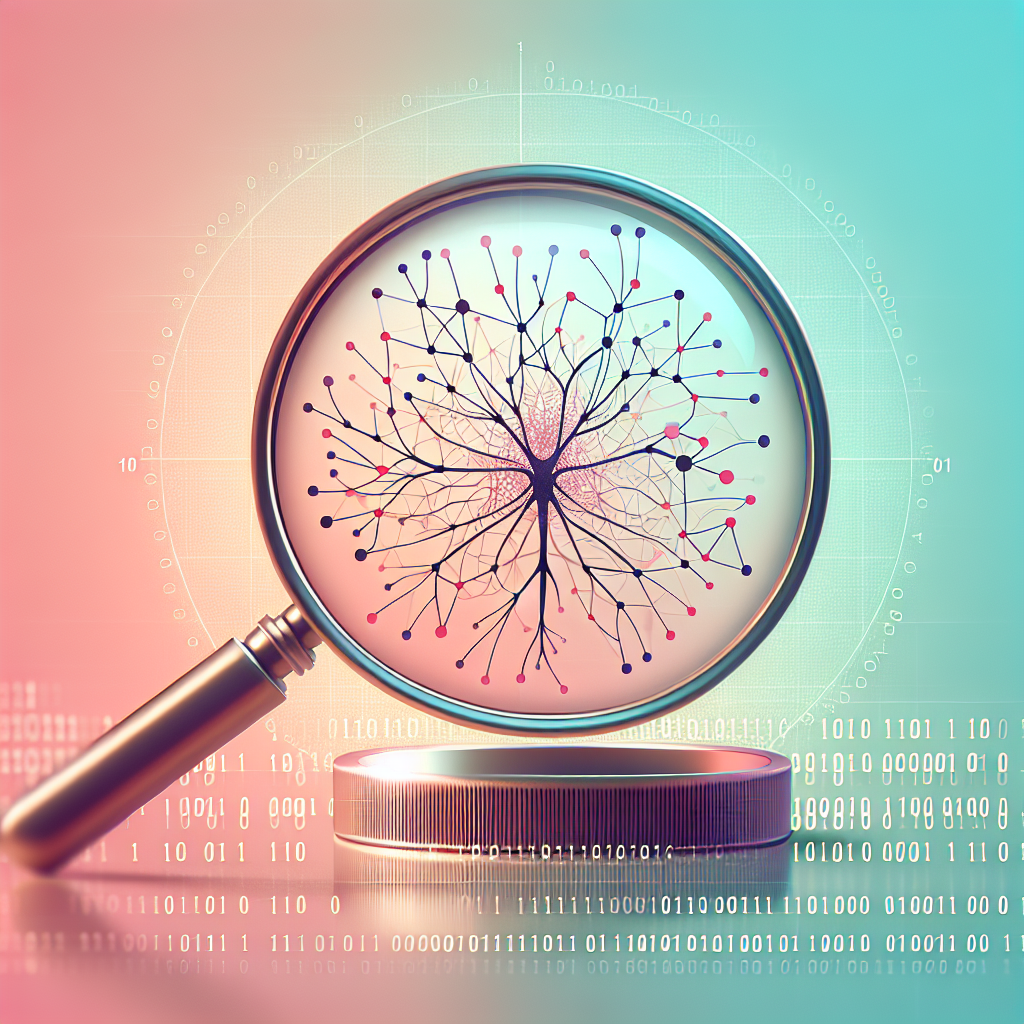Open vs. Closed-Source AI: The Battle for the Future
This article explores the debate between open-source and closed-source artificial intelligence (AI). It highlights Meta's new open-source AI model, Llama 3.1 405B, and discusses the ethical, practical, and security implications of both approaches. The article emphasizes the need for governance, accessibility, and openness to democratize AI.

The artificial intelligence (AI) community is currently divided into two camps: proponents of open-source AI and advocates of closed-source AI. Meta, the parent company of Facebook, has recently made headlines by releasing a series of open-source AI models, including the groundbreaking Llama 3.1 405B. This move contrasts with companies like OpenAI, Google, and Anthropic, which keep their datasets and algorithms proprietary.
Open-source AI allows for greater transparency and collaboration, enabling smaller entities to participate in AI advancement. However, it also presents risks such as increased vulnerability to cyberattacks and potential misuse for malicious purposes. In contrast, closed-source AI offers more secure intellectual property protection but lacks transparency and slows down innovation.
The future of AI relies on achieving a balance between these approaches. Effective governance, ethical frameworks, and accessible resources are essential components for making AI an inclusive tool that benefits everyone. How we address these challenges will shape the future landscape of AI.
(With inputs from agencies.)










